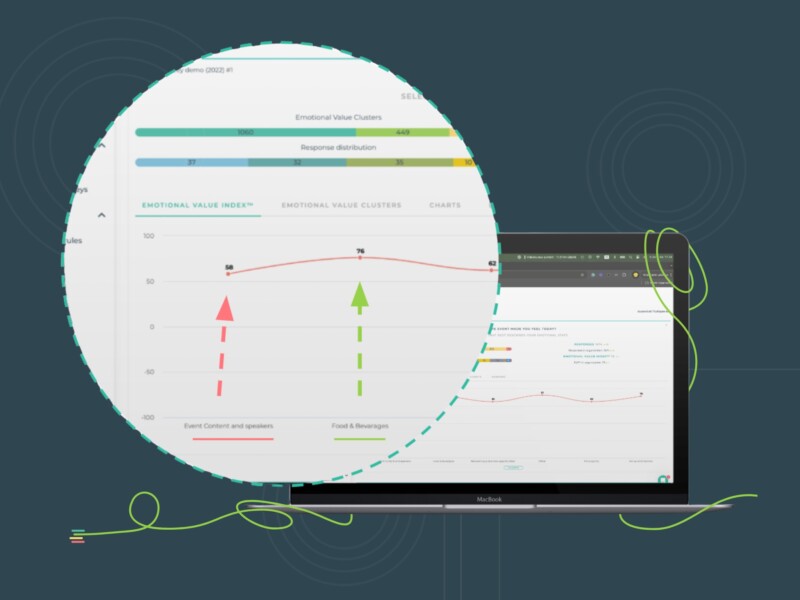Whether you are a start-up or established business, attracting new leads and customers will remain a top priority in order to propel growth. But did you know that one of the best ways to generate leads is via CX data?
When it comes to lead generation, your brand’s website, social media pages, content marketing, webinars, exhibitions, and paid media are considered the primary channels through which you can attract potential customers. By gathering data from both prompted and unprompted surveys via these channels, you can gain useful insights into what you do well and what you don’t, and generate new leads!
What is Prompted and Unprompted Feedback
Prompted feedback refers to responses customers leave on your surveys, questionnaires, and polls. In this case, you actively seek out data, and customers provide feedback based on the questions raised. This type of feedback tends to be more focused on a niche aspect.
Unprompted feedback is where customers voluntarily provide feedback without action on your part. These are unsolicited opinions, comments, posts, messages, and other responses clients leave on your social media pages or other platforms. They can be on anything and everything.
A good feedback monitoring platform can reactively track and analyze all prompted and unprompted feedback effectively. They are both important for lead generation!
The Enrichment Level of Customer Feedback Determines Your Actions
The level of enrichment refers to the extent to which you can enhance and contextualize the customer data gathered from feedback within your business environment. In other words, the more you can connect CX data gained from feedback with other data in your organization, the more actions you can take to improve lead generation. When it comes to the enrichment of customer data, we can categorize it into three stages.
- Low enrichment – strategical decisions
If the data is unable to provide you with ample background information and help you identify correlations with other internal data sources, it is said to have a low level of enrichment. By analyzing such data, you would only be able to conclude aspects such as lack of product and inventory information, difficult navigation, low-quality content, etc. You cannot go very far with them, but that doesn’t mean you disregard them. They provide vague insights that are still useful for you to start strategizing. Using them, you can focus on updating your website and content to appeal to a wider audience.
- Medium enrichment – targeting optimization
Think of data that gives you a specific direction, allowing you to target your marketing techniques better. That’s medium enrichment. These data help you capture a fraction of the entire context, whether it’s the lead segment, industry, or behavior in channels/touchpoints. Analyzing them helps you understand the efficacy of your marketing campaigns/channels and how your content resonates with specific industries. Using such insights, you can build specially targeted strategies for each lead segment and attract customers more effectively.
- High enrichment – high personalization
CX data that gives you specific information, helping you identify the customer and their behavior in your channels/touchpoints come under this category. In this case, there’s a lot of potential for lead generation and customer acquisition. When you have minute details like these, personalization becomes an easier task. The minimum requirement for you to provide personalized offers for your leads is their contact information. It also indicates that they are willing to engage with your brand and have the potential of becoming active clients. Contact information grants you the opportunity to interact with your leads, surprise them with special offers, and convert them into customers.
Takeaway
The bottom line is that every set of data can prove useful to you regardless of their level of enrichment. However, a high level of enrichment offers you more scope to attract new customers as well as turn existing customers into loyal clients.




